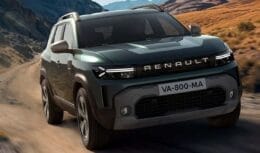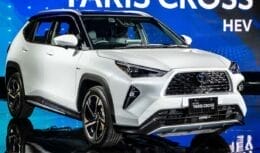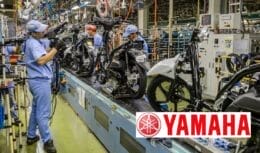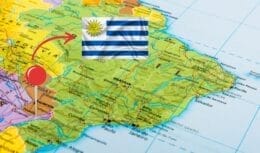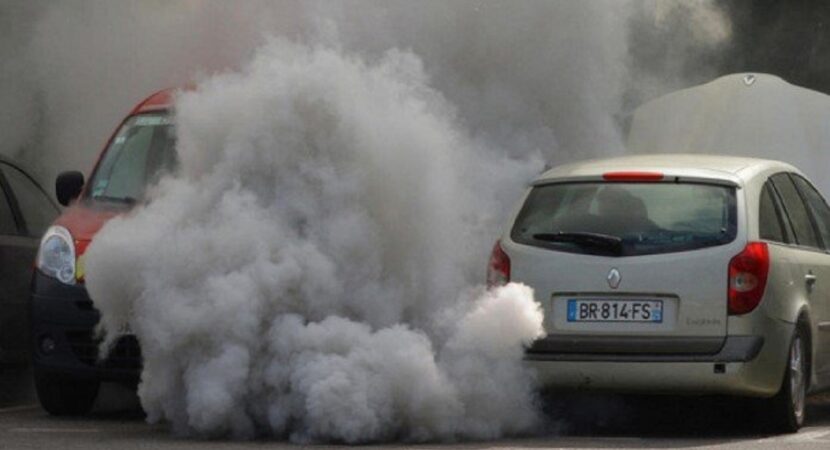
Thinking about combustion cars, Brazil, Germany, USA and China did not enter the pact formed by 24 UN countries. The initiative aims to end the sale of polluting cars by 2040
Brazil decided to stay out of a pact made up of 24 countries at the UN so that the sale of combustion cars prevails in 2040. The pact includes countries like Canada, Holland, Chile, New Zealand, Ireland and the United Kingdom. From Latin America, Paraguay and Uruguay are interested in composing the agreement. Although Brazil has decided not to enter, it was not the only country that did not agree with the date of 2040. The US, Germany and China also did not agree with the end of the sale of combustion cars.
Read other related news
Unlike Brazil, automakers from Germany and the USA support the pact at the UN
The group also includes automakers that support the measure at the UN Conference on Climate Change, which takes place in Glasgow, Scotland. Ford, from the USA, Mercedes-Benz, from Germany and Volvo, from Sweden, support the decision to end the sale of combustion cars in 2040.
However, on the other hand, like Brazil, Germany, USA and China, Toyota and Volkswagen were left out of the UN measure. Toyota's position is understood, considering that the automaker is one of the biggest players against the decision of total electrification. The Japanese giant is betting on hybrid cars with hydrogen and ethanol as fuel, in addition to the latter reagent in fuel cells.
In the case of the German brand, Volkswagen, which is currently one of the biggest players dedicated to electrification, the decision not to support the UN pact, as well as Brazil and the USA, comes from its position in South America and China.
Volkswagen has plans to develop biofuels in Brazil
The reason for Volkswagen to be left out is the current plan to transform Brazil into one of the main centers for the development of biofuels for markets where electric cars will arrive more slowly, as is the case of India, which still uses many combustion cars. .
However, the Asian country stated at the UN conference that it plans to accelerate the presence of electric cars or other sustainable sources in emissions. Even so, New Delhi, capital of India, was in favor of taking the flex-fuel car to the region.
Among the leaders who signed the pact, government officials had already stated their willingness to end the sale of combustion cars in 2030. Among the metropolises that closed the agreement, only Buenos Aires did not enter.
Brazil supports the use of ethanol
The Federal Government and the sugarcane industry praised the use of ethanol in the new scenario of electric vehicles. The entourage showed at COP26 the advantages of using ethanol, which claims to have a lower carbon emission rate than that of electric vehicles.
Ethanol is increasingly at the center of debates with the beginning of the transition to electric cars and the end of the commercialization of combustion models. Although EVs are priced higher, their value will drop significantly in the coming years.
One of its main components, the battery, has seen its price drop every year and with the creation of new technologies, the trend is for “zero emission” models to become more accessible.


